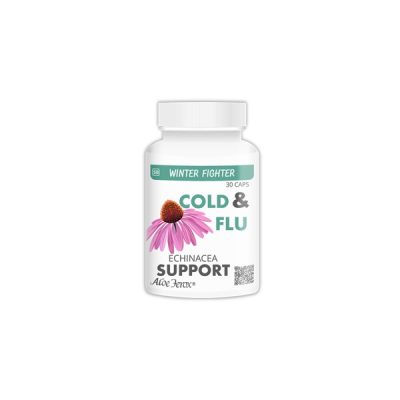Description
Introduction
Myrrh (Commiphora myrrha) has been revered for centuries across various traditional healing systems, known not only for its spiritual significance but also for its wide range of medicinal benefits. In tincture form, myrrh is a potent herbal remedy with strong antiseptic, anti-inflammatory, and immune-supporting properties. It’s especially effective for treating infections of the mouth, respiratory tract, and skin, while also offering internal support for digestive, circulatory, and reproductive health.
Properties of Myrrh Tincture
- Tonic – Improves the functions of the body
- Antiseptic
- Anti-bacterial
- Anti-viral
- Anti-fungal
- Anti-inflammatory
- Anti-microbial – Pesters the micro-organisms that have invaded the body
- Stimulant – Increases energy
- Anti-spasmodic – Relaxes the nerves & reduces muscular contraction
- Astringent – Produces tissue contraction
- Expectorant – Encourages lungs’ phlegm production, making it easier to cough up
- Carminative – Aids expulsion of gas from the stomach & prevents its development.
- Anti-catarrhal
- Vulnerary – Used for toning & healing the muscular & skeletal system
- Alternative – Gently improves the condition of the body
- Analgesic – Helps to relieve or reduce pain
- Emmenagogue – Promotes greater menstrual discharge
- Rejuvenative
Uses
- Helps with catarrh
- Useful for dyspepsia
- One of the most effective remedies in the world for: Sore throats, mouth ulcers & gingivitis – Specific use in the treatment of infections of the mouth, such as mouth ulcers, gingivitis, pyorrhea
- Aid to repel tooth decay & gum disease
- Emotionally strengthening & empowering
- It stimulates the production of white blood corpuscles (with their anti-pathogenic actions)
- Useful in catarrhal problems of pharyngitis & sinusitis – Relieves bronchitis & catarrh
- May help with laryngitis & respiratory complaints
- Used for any infectious, feverish condition, from head colds to glandular fever
- Externally – Healing & antiseptic for wounds & abrasions; Treats acne & skin inflammations; Massage oil as chest rub to alleviate bronchitis & colds accompanied by thick phlegm
- It may help prevent heart disease
- Indian studies – May help in reducing cholesterol
- Prevents internal blood clotting
Combinations
- Combines well with Echinacea for infections & respiratory complaints, as well as a common cold
Caution
- Do not use during pregnancy – Stimulates the uterus
Conclusion
With its powerful antimicrobial action and its ability to both tone and stimulate the body, myrrh tincture stands as one of the most versatile and effective natural remedies. Whether used internally to fight infection and ease inflammation, or externally to disinfect and heal wounds, myrrh supports the body’s natural defences and promotes overall wellness. Its long-standing reputation as a sacred and healing resin is well-earned, and when used wisely, myrrh tincture continues to be a reliable ally in both acute and chronic conditions.






